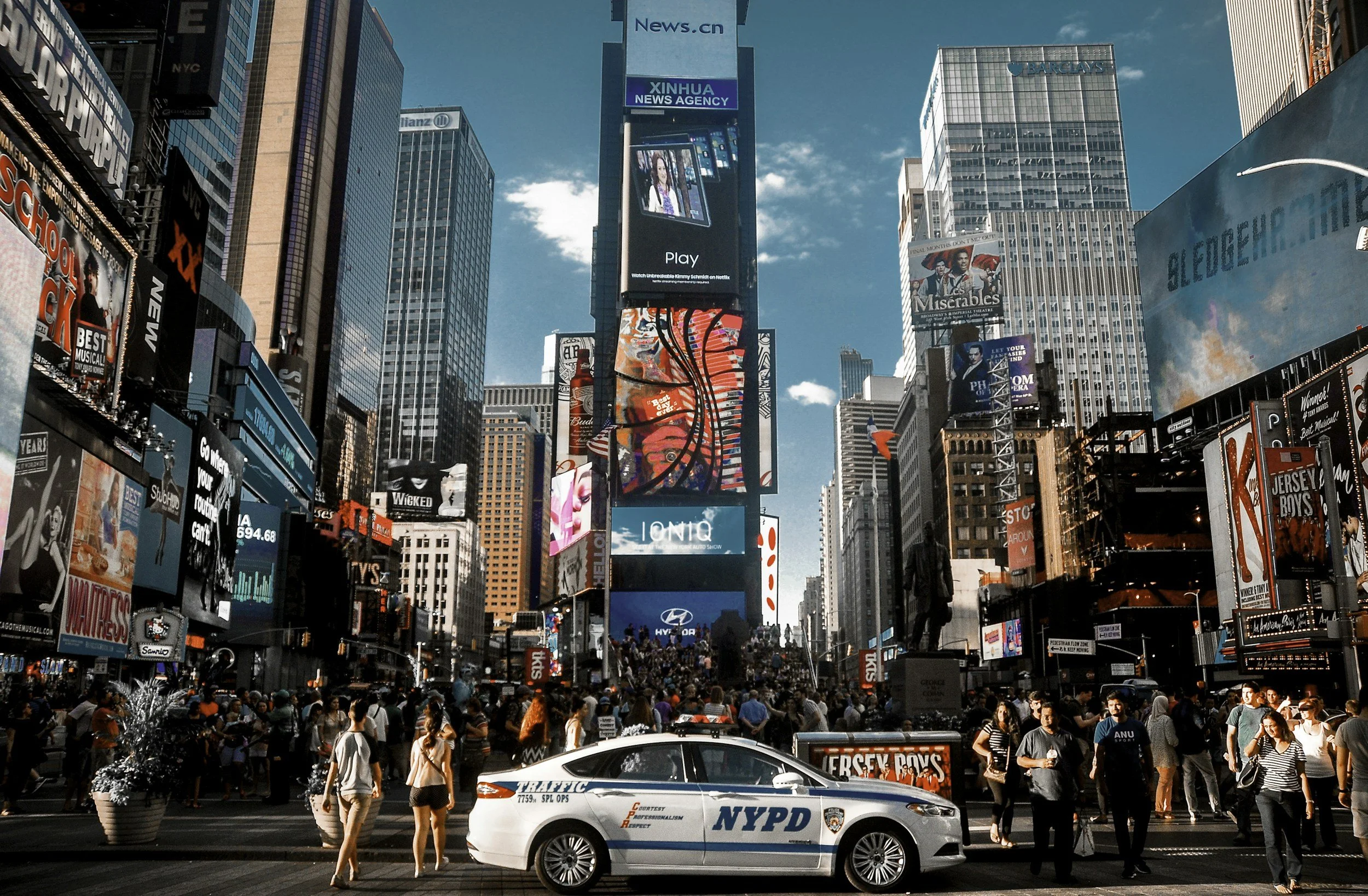
The Value of Shared Dreams
Can dreaming really help solve waking problems? And could a specific form of dream analysis help an organisation better achieve shared goals and objectives? In this INSEAD Knowledge podcast, Susan Long, Emeritus Professor at the National Institute of Organization Dynamics Australia and Michael Jarrett, Professor of Management at INSEAD offer their perspective on the value of social dreaming for firms (INSEAD Knowledge, 2025).

Are Ads Infiltrating Our Dreams? A 2025 Consumer Report
More than half of Americans aged 18-35 say they’ve had dreams influenced by ads, and about two in five believe advertisements are already infiltrating their sleep. While most report that such dreams didn’t spur purchases, one in three say they did, and many would accept ads in exchange for discounts—raising serious questions about the commercialization of our subconscious (The Media Image, 2025).

The LEGO Group Reveals How Children Can “Dream Craft” Their Way to Amazing Adventures
In the lead-up to the final 10 episodes of LEGO® DREAMZzz™ Night of the Never Witch, a new study reveals that children can learn how to guide and change their dreams, similar to the characters in the series (Lego, 2024).

Correlation between attitudes toward dreams and workplace well-being
This survey of 340 Taiwanese employees found that attitudes toward dreams are closely linked with workplace well-being. In particular, seeing dreams as meaningful was strongly associated with higher well-being, while focusing on ‘understanding’ dreams showed a surprising negative relationship.

Lucid dream startup says people can work in their sleep
Prophetic’s Halo headband claims to induce lucid dreaming through non-invasive neurostimulation—letting wearers become aware in dreams and even use that dream-state for creative problem solving (The Independent, 2023).

The Nightmare of Dream Advertising
This article examines the rise of ‘targeted dream incubation,’ where advertisers use sensory cues to insert commercial messages into people’s dreams—a practice 77% of surveyed companies plan to test by 2025. While researchers see therapeutic promise in dream incubation, its use for branding raises concerns over privacy, manipulation, and even potential violations of existing subliminal advertising laws (William & Mary Law Review, 2023).

Are advertisers going to infiltrate our dreams?
Makers of beers, video games, and fast food are experimenting with “targeted dream incubation,” trying to plant brand cues (sounds, visuals, scents) just as people drift off to sleep to influence what they dream. Though some scientists warn this approach could threaten privacy and mental autonomy, researchers say we’re not yet at the point where dream ads are widely effective or tightly controlled (The Hustle, 2022).

Dreams are a precious resource. Don’t let advertisers hack them.
New marketing techniques are emerging that use targeted stimuli before or during sleep to influence what we dream—and what we want when we wake. While these dream-engineering tools hold promise for healing, creativity, and personal growth, advertisers are eager to exploit them for commercial gain, raising serious ethical concerns about privacy and consent (Aeon, 2021)

The Role of Dreams of Ads in Purchase Intention
This study explored whether dreaming about advertisements affects consumer behavior. Researchers surveyed Iranian consumers about their ad exposure, ad-related dreams, and purchase intentions. They found that seeing ads increases buying intent—and that dreaming about those ads further strengthens this effect. In short, dreams don’t just replay brand messages; they can amplify them. (Dreaming, 2019)

Dreams and the Organization
This special issue explores the intersection of psychoanalysis, dreams, and organizational studies, highlighting how unconscious processes shape management, leadership, and organizational identity (Journal of Organizational Change Management, 2013).

Creativity, Organizational Knowledge, and the Power of Dreams
The study shows that project managers whose dreams are emotionally vivid tend to lead projects rated as more creative—especially when they’re motivated by internal satisfaction rather than external pressure. It also finds that leadership styles that emphasize belonging, support and decentralized decision-making (like clan or team styles) amplify this effect, while rigid hierarchical styles tend to suppress the creativity-dream link (Journal of Organizational Change Management, 2013).